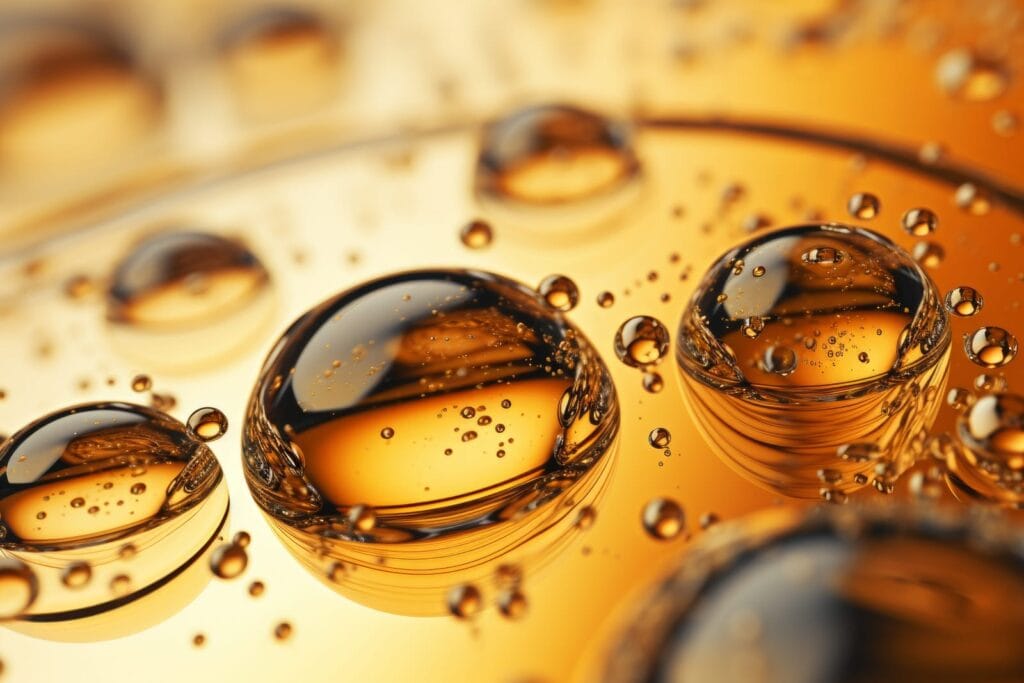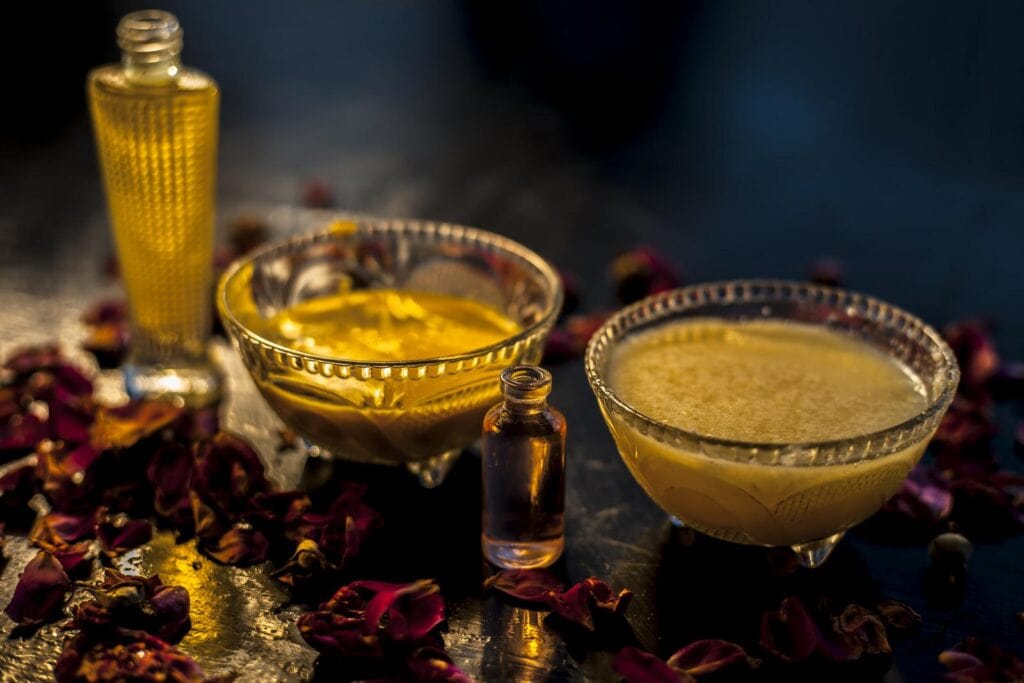Updated July 24th 2024

Summary
- The olive tree, a symbol of peace, wisdom, and prosperity, has a rich history that dates back thousands of years.
- At some point throughout history, humans started cultivating olive trees.
Contents
Scientists believe the first olive trees originated in the broader Mediterranean region. However, the cradle of olive cultivation is thought to be Greece, particularly the island of Crete. This ancient practice began around 3,500 BC during the Early Minoan period, marking the dawn of an agricultural revolution that would shape economies and cultures for millennia.
In the Early Minoan period, the olive tree existed in a wilder form compared to the domesticated varieties we are familiar with today. The people of Crete began to cultivate this hardy tree, recognising its potential for producing valuable fruit and oil. The cultivation methods were rudimentary at first, but the importance of the olive tree quickly became apparent. By around 2,000 BC, olive cultivation in Crete had become more intense and systematic, with farmers developing more sophisticated techniques to enhance yield and quality.
Uses of Olive Oil
Olive oil has had hundreds of uses throughout history, which shouldn’t come as a surprise for such a versatile and useful ingredient. Besides food, it has been used as medicine, fuel in oil lamps, in soap making and skincare and in religious ceremonies. Much as cocoa was once used as a form of currency, so olive oil was even thought to represent wealth in ancient Minoan society.
Dealing in olive oil was the backbone of the import-export trade in the ancient world. Merchants came from Phoenicia, Crete and Egypt to the Mediterranean basin and even farther, from 600 BC onwards. The Scythians of the southern steppes of Russia came to replenish stocks of olive oil at the prosperous Greek trading posts of the Black Sea which later became the spas of Romania.
Ancient Greece
A versatile commodity that was important and revered. Especially in natural beauty. The ancient Greeks believed the olive tree was a gift from the goddess Athena and began using olive oil in their religious rituals. Homer, the immortal Greek poet, called olive oil ‘liquid gold’ and the Greek Laws of Solon (an Athenian statesman), during the 6th to 7th century BC, prohibited the cutting down of olive trees on the punishment of death. The wars over Sicily, which led to the defeat of Carthage by Rome. These were largely motivated by the olive plantations on the island which were coveted by both major powers.
Olive oil was also a valuable medicine in the hands of ancient Greek doctors. Such as skin conditions, wounds and burns, gynaecological ailments, ear infections and many others.
Today, olive oil is best known for its culinary applications. It is a cornerstone of the Mediterranean diet, which is synonymous with health and longevity. This diet, rich in olive oil, has been linked to numerous health benefits, including reduced risk of heart disease, improved digestion, and anti-inflammatory effects. Olive oil’s versatility makes it ideal for various cooking methods, from salad dressings and marinades to sautéing and frying.
The market offers a wide range of olive oil products, each varying in quality, flavour, and nutritional content. The most prized among these is extra virgin olive oil. Brands like Morocco Gold come from the first pressing of olives, retaining the most flavour, aroma, and nutritional benefits. This oil is produced through cold pressing, a method that preserves the natural compounds and antioxidants, making it the healthiest option available.
In contrast, cheaper olive oil brands undergo chemical-based refining and filtering processes. These methods strip the oil of many of its natural flavours and nutrients, resulting in a more neutral taste and lower nutritional value. While these oils are still useful for cooking, they do not offer the same health benefits or culinary experience as extra virgin olive oil.
Olive Oil in Historical Skincare
Olive oil has a long history of being used as a home remedy for skincare. Egyptians used it alongside beeswax as a cleanser, moisturiser, and antibacterial agent since the times of the Pharaohs. Cleopatra was said to use olive oil as a skin treatment, along with her other renowned beauty treatments such as her infamous milk baths and honey facials.
Archaeological finds proving that the Minoans used olive oil in their daily lives are found everywhere in Crete. One particularly impressive discovery is the untouched olives with the flesh preserved. Found at the bottom of a cup sunk in a water cistern at the Minoan Palace of Kato Zakros. Minoans used olive oil in their diet as a cleanser instead of soap. It formed a base for scents and ointments, as a medicine, in tanning, for lighting and to protect delicate surfaces.
Writings of major ancient philosophers and physicians such as Hippocrates, Aristotle, Philostratus, and Lucian were analysed in-depth. This formed part of olive oil research usage by the Ancient Greeks. They found the use of massage, together with olive oil rub, helped to reduce muscle fatigue, to remove lactic acid. This results in less sports injuries through flexibility provided to the skin of athletes. The therapeutic use of oil in the ancient world was fully recognised; and as a result Athenian athlothetes (sponsors of sporting events) provided free oil to all sport facilities where athletes could make free use of it.
Historical Times
Olive oil was also a valuable winner’s prize in Athenian athletic games. The city of Athens needed about 70,000 kilos of oil to reward the winners of the Panathenian Games, held every four years. The winner’s prize varied according to the event. The best runner received about 70 amphoras of 35-40 kilos, i.e. 2,500 kilos of olive oil, while the chariot-race winner got double, i.e. about 5,000 kilos. These prizes were worth a lot of money if you consider that a day’s wages for an Athenian craftsman was 1 Attic drachma, the equivalent of about 3 kilos of olive oil. And that was just the price of common oil, whereas the winner’s oil was much better quality and more expensive. Of course no-one would buy this oil to eat. instead used for anointing the bodies of rich young athletes.
Is Olive Oil Good for the Skin?

Nowadays what many people don’t realise is something that people living in ancient Egypt and Greece took for granted; that extra virgin olive oil, all by itself, is one of the best beauty secrets. Extra virgin olive oil has the added advantage of containing strong antioxidants, making it a natural anti-ageing ingredient. These antioxidants help fight off free radicals which attack cells and speed up the ageing process. All help towards natural beauty.
One of these antioxidants, hydroxytyrosol, is a very rare and extremely potent polyphenol compound. It contains the highest concentrations in the best olive oils. Hydroxytyrosol can play a significant role in the many health benefits attributed to olive oil. Studies have shown very strong anti-inflammatory activity from this compound in high quality extra virgin olive oils.
Also in shampoos, soaps, face powders, salt scrubs and hair conditioners. It is also in lipsticks, brilliantines, anti-wrinkle lotions, moisturisers, eye make-up remover, cuticle & nail treatments and even eyelash oils. Adding oil to your skin can prevent moisture from being lost. The oil traps water beneath it and prevents the loss of water through evaporation. Thereby making your skin feel softer and smoother. For that reason, many people use facial oils on top of their moisturisers or serums.
